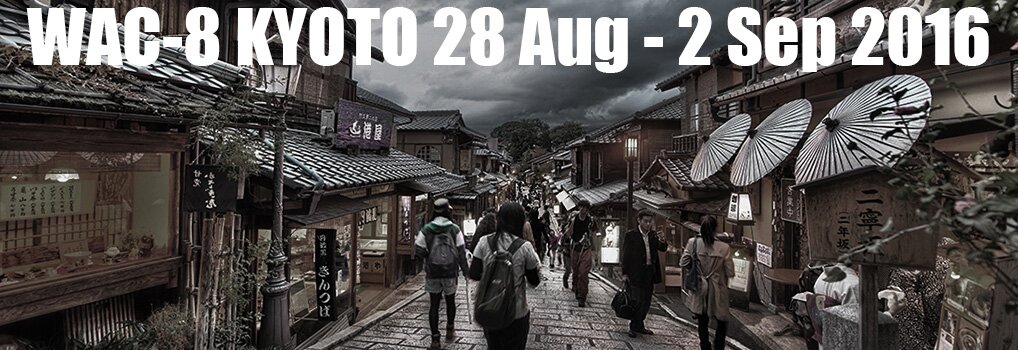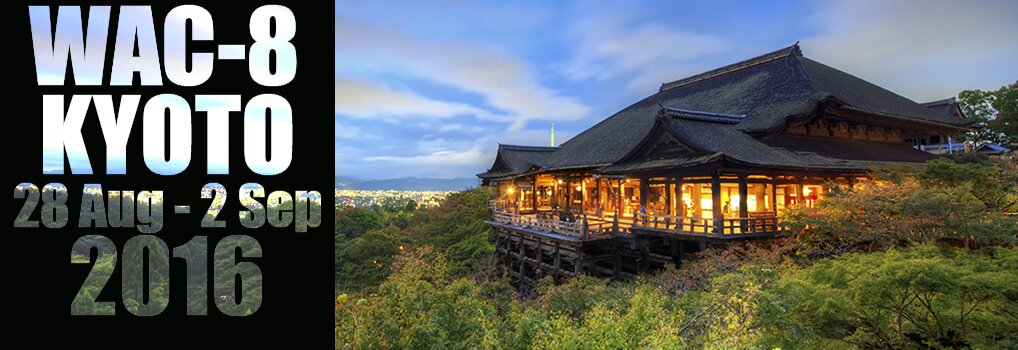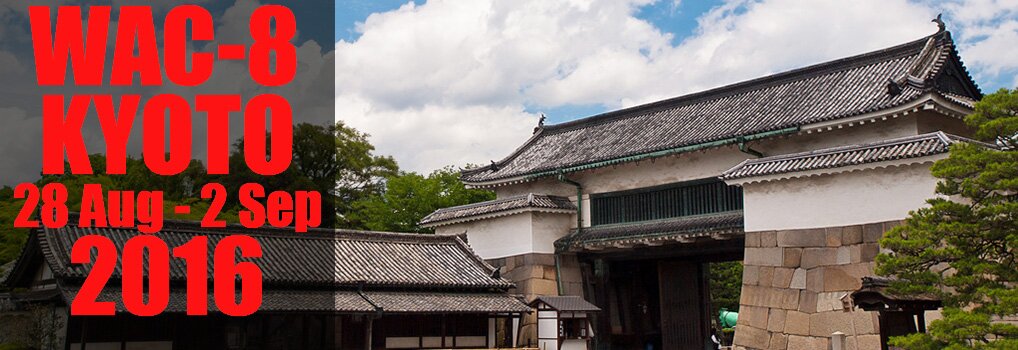| T01 | T02 | T03 | T04 | T05 | T06 | T07 | T08 | T09 | T10 | T11 | T12 | T13 | T14 | T15 |
| Theme list | Session organizers index | Accepted sessions list |
| T02. Politics John Carman and Hilary A Soderland |
|---|
| It is increasingly widely recognised that – like it or not – archaeology is as much a political activity as it is a purely intellectual endeavour. In recognition of the varied ways in which issues of power and authority affect and imbue archaeological practice and theory, this Theme invites sessions that seek to explore archaeology as politics in all its manifestations. Politics inevitably emerges in our dealings with others. Sessions may address issues of disciplinary authority and how they impact upon ourselves and others; the controls we exercise over material culture; the role of archaeology and archaeologists in public policy at the level of the locality and the nation state; the role of archaeology in diplomacy and international relations; and the conduct of archaeology in conflict zones. Politics is also a factor in our relations within our working environments. Sessions might consider archaeology as a public service; the role of the archaeologist as a ‘public intellectual’; pressures upon archaeologists to present or conform to particular ideological positions; the privatisation and commercialisation of archaeology; and the relations of archaeologists to each other, to colleagues and to students. Sessions may also look at the politics of publication and of the archaeological conference. Overall, the Theme aims to provide environments for the consideration of politics in both the practice and theory of the discipline, as well as the politics of the relationship between theory and practice. Sessions can be of any form: we invite especially those that take an innovative and original shape, and those led by non-archaeologists. The politics of archaeology affects us all, and we all have a role in politics. This Theme will explore the interconnection between these aspects of our work. |
Extraction and Displacement: Critiques and Alternatives from Archaeology and Social Movements
Organiser(s): Bryan Cockrell (Dumbarton Oaks Research Library and Collection / USA), María Florencia Becerra (Universidad de Buenos Aires / Argentina) and Edith Ortiz Díaz (Universidad Nacional Autónoma de México / Mexico)
Type: Forums
Contact: cockrellb(at)doaks.org
Abstract:
Archaeology and ethnography are themselves extractive processes. Material, knowledge, and memory are displaced from local communities in the service of the academy and for consumption by publics often distant from the point of extraction. This session explores the entanglement of different but related extractive industries: archaeology, ethnography, mining, and material processing/production. Examining past and present contexts, particularly in the Americas but not limited to this region, where ‘extractivism’ is a major concern, we will consider how knowledge about past technology and land use shapes current political conditions. Without romanticizing extractive industries of the past, and with a critical analysis of the present ‘research industry’, we will aim to identify whether and how archaeology and ethnography can offer alternative models of political, economic, and social organization in the face of present inequities and inequalities. We encourage contributions that concern not only mining, but also the fabrication of objects that themselves, as portable materials, are especially prone to displacement. In the pursuit of political dialogue, we support contributions from archaeologists, ethnographers, activists, and organizers. Participants should employ whatever formats or media most conducive to engaging with other forum participants; creativity and interaction are encouraged!
Keywords: extraction, technology, inequality
Archaeology in the forefront: the sensationalization of archaeological heritage
Organiser(s): Athena Hadji (Bilkent University / Turkey) and Zoe Kontes (Kenyon College/ USA)
Type: Symposium
Contact: athenahadji(at)bilkent.edu
Abstract:
In the era of the prevalence of digital media, cases of archaeology as sensationalization abound, especially (social) media-related archaeological politics. Existing policies on archaeological sites drafted mainly in times of peace and prosperity and for times of peace and prosperity only tentatively touch upon situations of conflict and/ or crisis. In the recent unstable circumstances – where instability is manifest as financial, social, political, and ultimately cultural – even traditionally nation-based countries are facing a challenging prospect of reshaping established national identities through archaeology and the (re)presentation of sites as well as a reconsideration of the priority criteria for excavating, communicating and financing the maintenance of sites. The session aims to follow the trajectory of change in our shared (?) perceptions of the past, and their tangible remains as well as intangible consequences in the present, and their echo in the future and welcomes papers touching upon relevant issues.
We welcome papers exploring, among others, issues of:
• processes of transition in identity formation and shifting site identities
• contemporary nationalism and its manifestations in archaeology
• the emergence of the ‘starchaeologist’ and its effects on site management and fund allocation [“starchaeologist” is a term Athena introduced in TAG USA May 2015, NYU, borrowing the idea from “starchitect”, i.e. world-renowned architects building mega-projects around the world (the likes of Zaha Hadid, Renzo Piano, etc.) and have since successfully tested it in diverse audiences. Starchaeologist” summarizes the intent, scope and content of the proposed session to a considerable extent, emerging as a social media sensation on his/ her own right and having memes created at his/ her expense and/or being idolized, for instance] • the politics of (social) media in relation to archaeology-related information
Keywords: sensationalization, crisis, social media




